Devi (1960)
“In my old age, I’ve found a new mother — by the grace of the Goddess, of course.”
|
Synopsis: |
|
Genres, Themes, Actors, and Directors:
Review: Given power and gender dynamics in their household — Biswas is an older male with all the money; Chatterjee has gone off to school, leaving Tagore to fend for herself — Tagore is powerless to do anything but accept her new designation and ask for her husband to be sent for. We see numerous shots of her luminous face trembling with fear and uncertainty as she’s put on a pedestal and worshipped: We also see her justifiably perturbed sister-in-law (played by Karuna Bannerjee from the Apu trilogy) wondering what in the world is happening in their household; the eventual involvement of Banerjee’s young son Khoka (Arpan Chowdhury) in Tagore’s trajectory becomes a pivotal turning point in the storyline. As in other stories about “faith healers,” we’re shown the near-instantaneous impact on communities when they hear about a figure who might save them or their loved one from death or illness. The desire to believe — whether through Christianity, Hinduism, or another faith entirely — is powerful enough to drive people many miles. This disturbing tale is a fine follow-up to Ray’s masterful trilogy about Apu, and should be seen by all film fanatics. Notable Performances, Qualities, and Moments:
Must See? Categories
Links: |
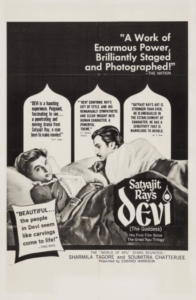
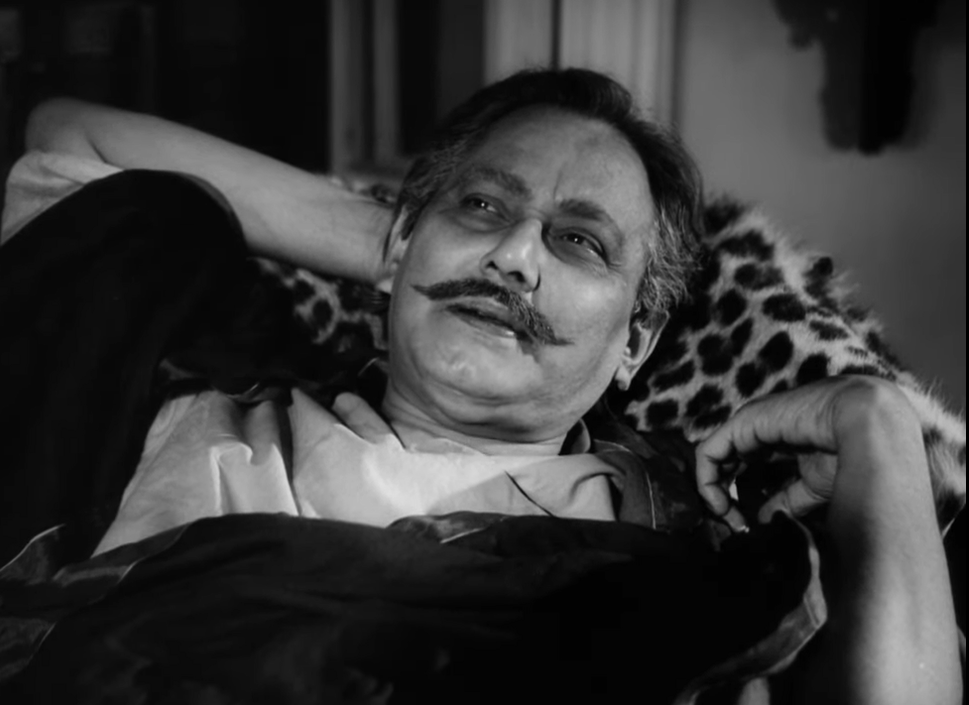

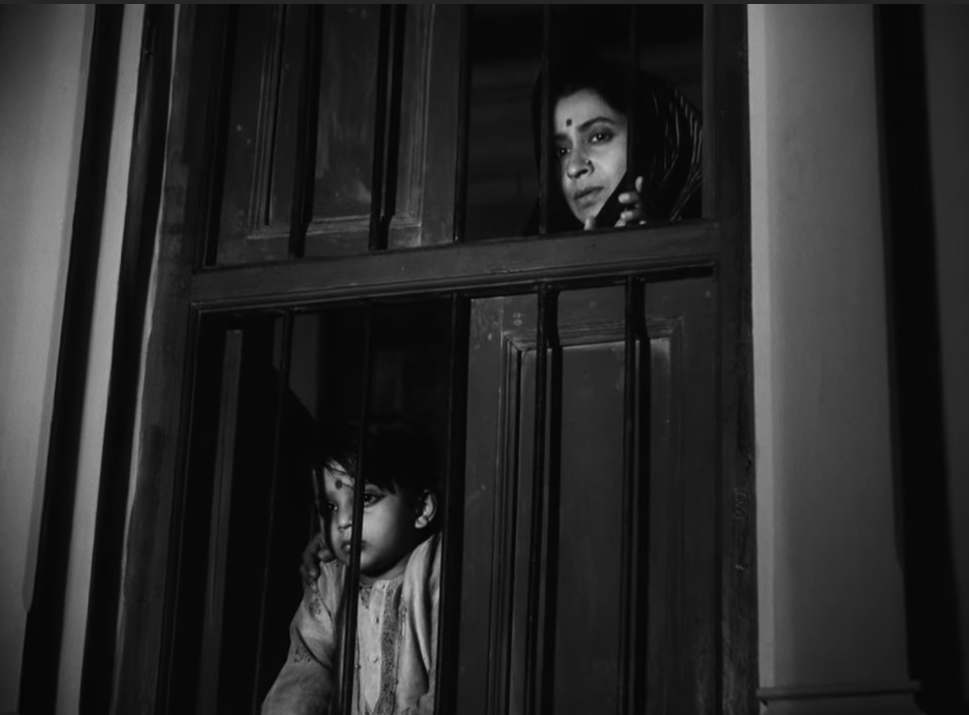
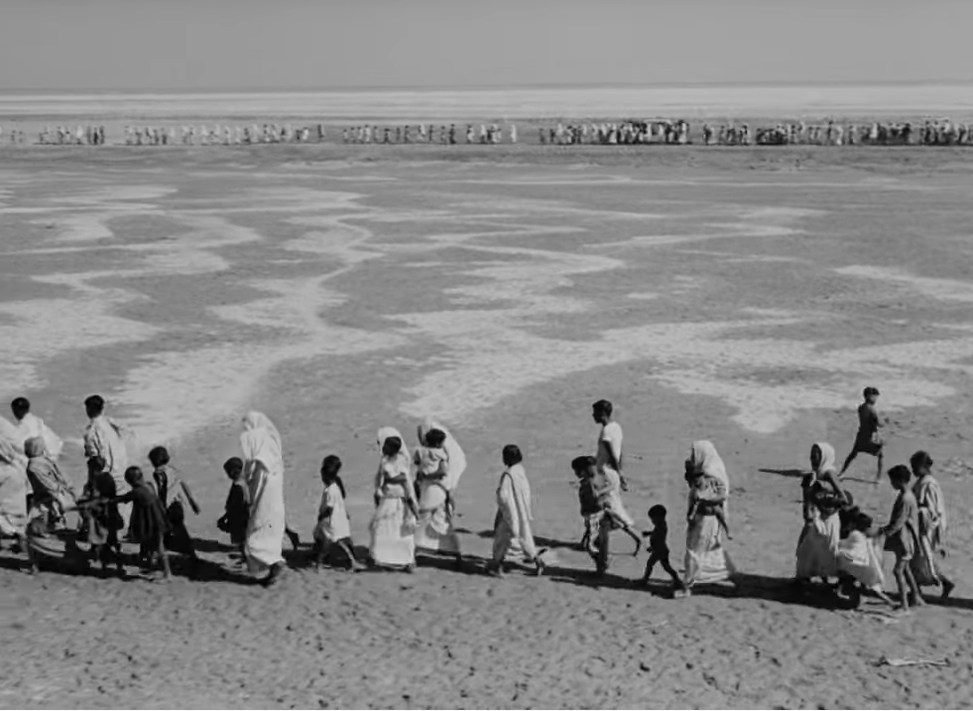
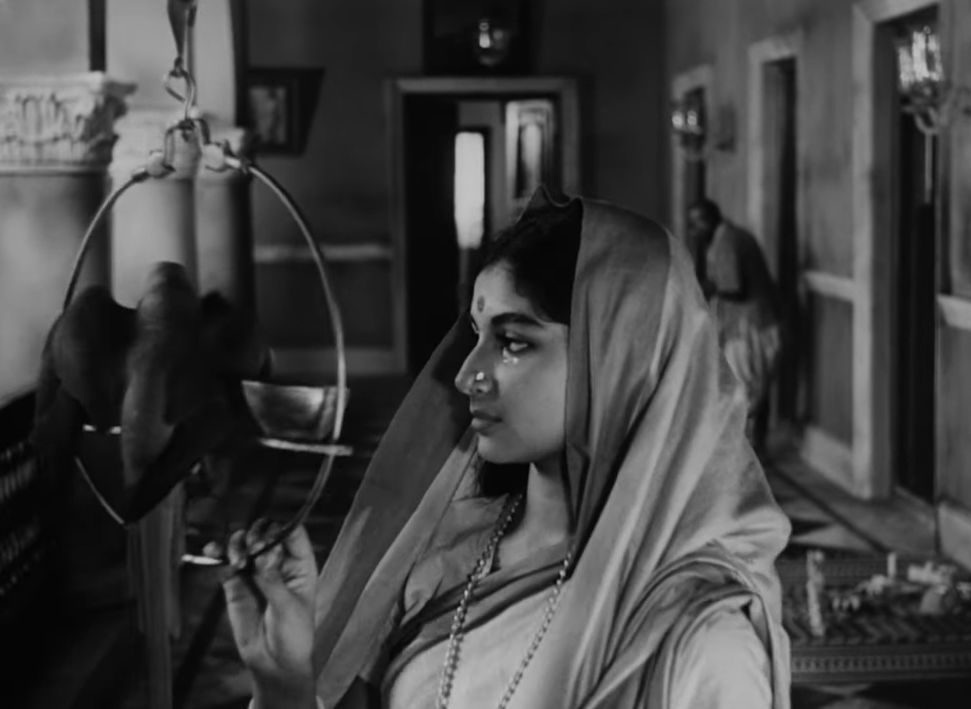

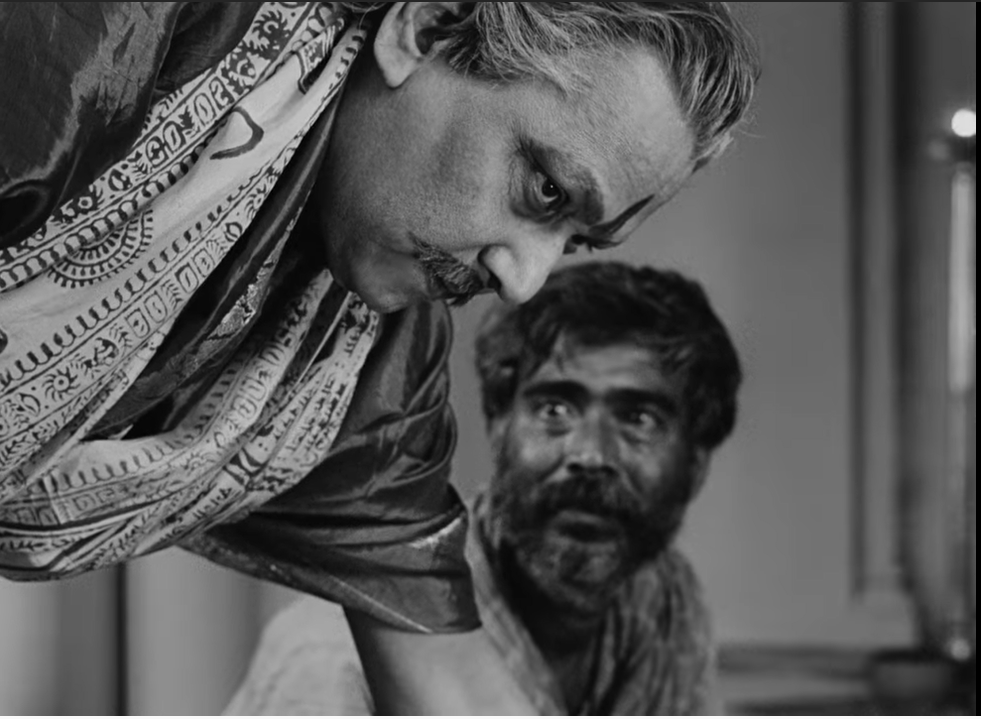
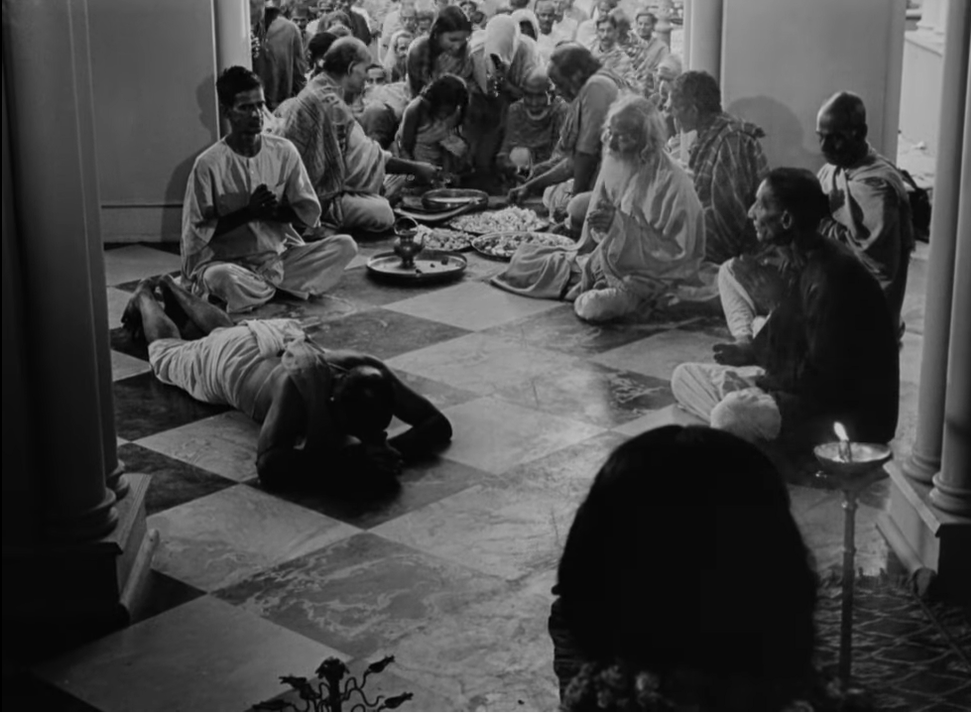
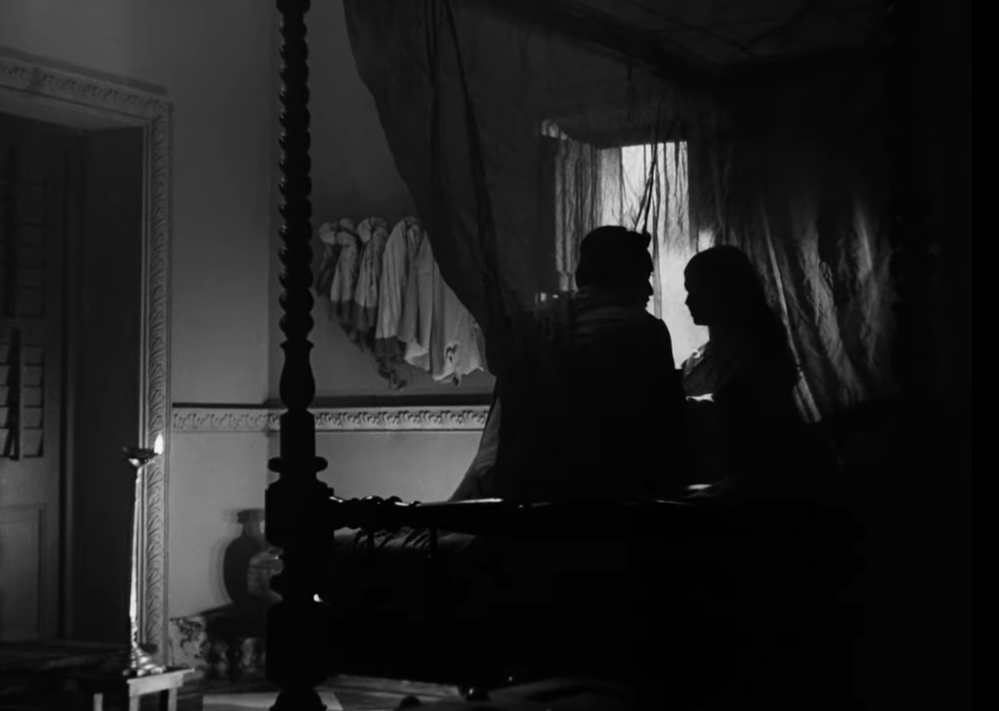
One thought on “Devi (1960)”
First viewing. Not must-see, though Ray completists will be curious to watch it.
I have mixed feelings about this film. I find it to be more ‘intriguing’ than (as noted) ‘disturbing’ – but reactions to a film like this will most likely be tied to how plausible the viewer finds it. I suppose I found it believable-enough (there is a wide and varied world of religious believers / fanatics out there) but, at the same time, I didn’t completely buy what I was watching – in particular, the ultimate effect on the part of the daughter-in-law.
I sensed some sections were a bit needlessly ponderous. It’s likely I felt that the tone that worked well for ‘The Apu Trilogy’ needn’t be the tone applied to all Ray films.